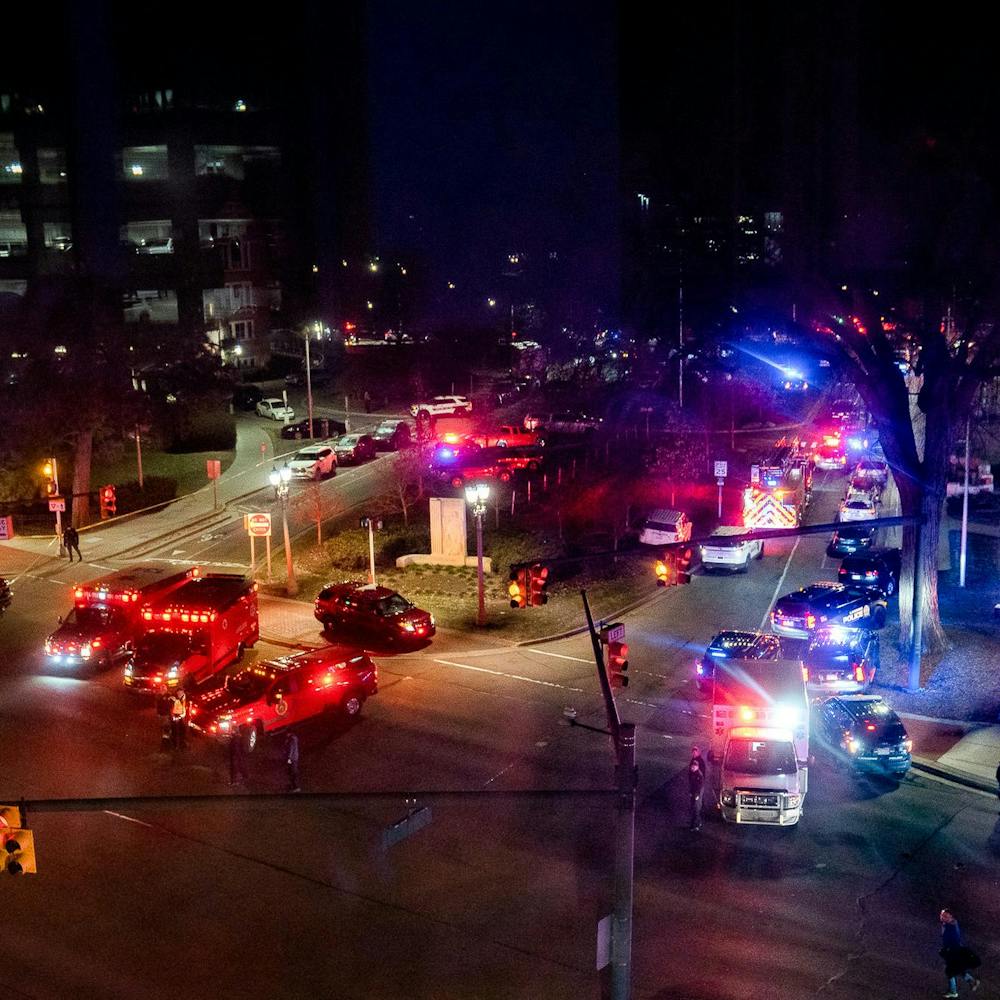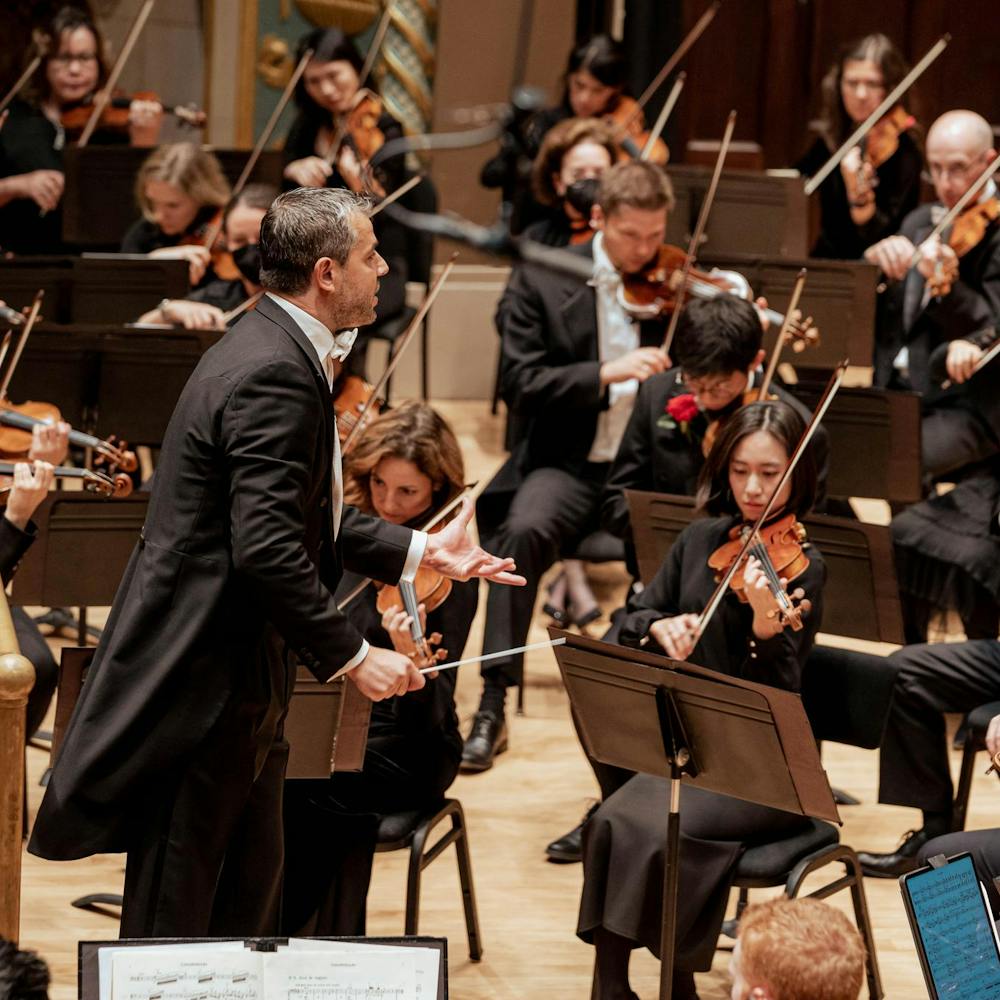Nov. 11 was more than just day five in the current election crisis - it also was Veterans Day. It is a day that was originally chosen to commemorate the end of the war that was supposed to end all wars, but actually kicked off a century of wars, cold wars, police actions and military-led humanitarian missions.
Despite President Woodrow Wilson’s best intentions, America’s struggle to “make the world safe for democracy” did not end in 1918, nor did it end at the end of World War II. The catch phrase at the end of the second Great War of the 20th century was “never again.” Never again would we allow tyrants to brutally massacre their own citizens while the rest of the world did nothing. Never again would we appease practitioners of genocide.
Unfortunately, “never again” is just a catchy slogan that oversimplifies the problems of intolerance and international conflict. In practice, the road to world peace can lead in many directions and there has never been any shortage of opinions on how we can finally make “never again” a reality.
During the Vietnam War, an internal struggle was waged over the role of the military in ending military confrontations. The “doves” thought it was ridiculous to assume you could prevent wars by fighting wars and the “hawks” thought the way to bring about world peace was to sacrifice and fight for it.
The irony of the current situation is that pacifists on the left and the supporters of the military industrial complex on the right have joined forces toward the same objective. One side doesn’t believe the military has any role in world peace, and the other side thinks peacekeeping missions prevent the military from properly preparing its personnel for conventional warfare. That’s the public relations argument
The real motivation behind this historical alliance of the “doves” and the “hawks” is remarkably simple - neither side wants to get its hands dirty. For different reasons, both sides seem to think the way to deal with genocide and ethnic cleansing is to do nothing and to comment on the tragedy of the situation afterwards. Both sides are wrong.
Let’s start by looking at the pacifist argument. This may come as a shock to all you Green Party supporters out there, but sometimes pacifism kills people. For example, while many Americans were busy smoking pot and patting themselves on the back for allegedly bringing an end to violence in Southeast Asia, 2 million Cambodians were exterminated during Pol Pot’s reign of terror.
Most children today have never heard of the slaughter in Cambodia. What little information most adults have in relation to the crisis comes from the 1984 film “The Killing Fields.” It seems death is only significant when it is seen through the medium of entertainment. The once popular saying “never again” has been changed to “Never again. This time we really mean it. Please pass the popcorn.”
The incomprehensible standards from which the international community chooses between the countries that will receive recognition as crisis areas and the countries that will simply be ignored have resulted in limited support for military intervention in international disputes. Consequently, the death toll in Rwanda and other African nations, like Sudan and Sierra Leone, have caused many observers to question the motivation behind U.S. intervention in places like Kuwait, Bosnia and Kosovo. Some analysts have gone a step further, claiming that U.S intervention creates more problems than it solves. Given the track record of U.S involvement in recent conflicts, such skepticism is not unfounded.
The United States has never been quick to come to the aid of victims of oppressive regimes. Exceptions to the preceding rule are, of course, made in areas where intervention could lead to the advancement of military or economic objectives. In such cases, we inevitably fall into the same trap set by multinational corporate conglomerates.
Initially, we mandate the existence of “puppet governments” that exercise limited degrees of political autonomy. This is done so that underdeveloped economies remain open to the overt exploitation of U.S. corporations and financial institutions.
To make matters worse, once we have stripped a fledgling country of its political and economic sovereignty, we provide it with state-of-the-art weapons so it can do battle with other underdeveloped countries that are less inclined to surrender their independent identity.
Taking the preceding into consideration, the argument against any form of military intervention is understandable. It is clear that there are often ulterior motives to allegedly altruistic armed interventions. Of course, it is easy to hold such an enlightened opinion when you’re reading the newspaper and sipping a mocha at your local Starbucks.
Sometimes the use of force represents the most suitable alternative of solving international disputes. Negotiating with a political leader who is simultaneously involved in a large-scale extermination of human life is not only imprudent, it is immoral. When you are dealing with a proponent of genocide, it is often necessary to exercise the use of armed forces early. Otherwise, by the time a diplomatic solution is reached there might not be anyone left to protect. Only when order has been restored and basic human rights have been recognized should we engage in diplomatic negotiations absent of military force.
The challenge for people who want to make the pledge of “never again” a reality involves a simple two-step process. First, the international community must react quickly and decisively when faced with large-scale abuses of human rights. The message to tyrants involved in mass murder must be clear: Force will be met with force. Second, we need to recognize that no nation is an island. The international community has a responsibility to protect the lives of innocent civilians around the world, not just in countries that provide oil to economic super powers.
Creating widespread support for peacekeeping missions isn’t easy. There are no battles to win and the term “enemy” doesn’t always apply. What’s more, when you place foreign troops between two ethnic groups bent on destroying each other, there will always be conflicts and scandals that can be used to justify military withdrawal. This divisiveness endangers the peace process because it takes isolated situations and applies them to a complex problem. Such situations should be treated on a case-by-case basis. We don’t have to throw the baby out with the bathwater. The best way to honor the men and women who have fought to make the world safe for democracy is to make “never again” a statement that is backed up by an honest commitment to world peace and not just a bunch of empty rhetoric.
Greg Shaw, a State News undergraduate columnist, can be reached at shawgreg@msu.edu.



